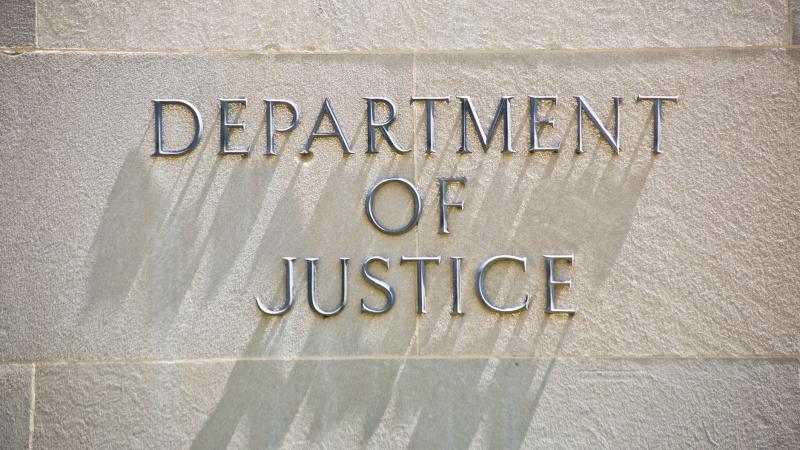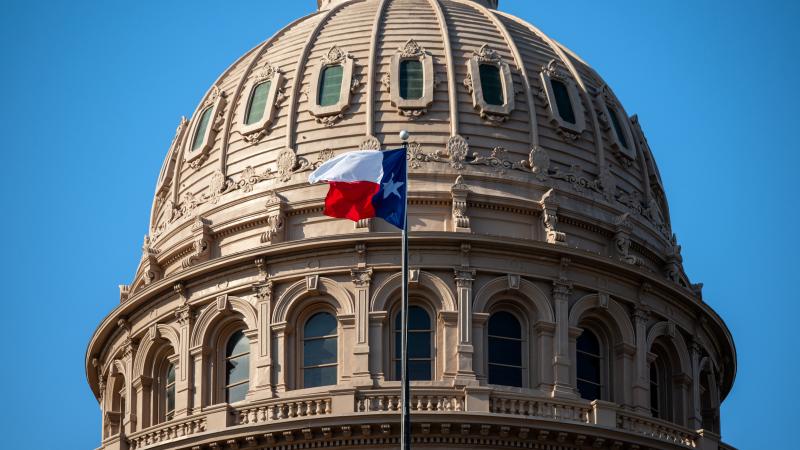Trump admin targets 'ghost students,' AI scammers stealing tens of millions in federal college aid
Within California's system of 116 community colleges, 31% of applications last year – or 1.2 million – were found to be likely fraudulent.
The Department of Education is cracking down on "ghost students," AI scammers and others whom they say have recently swindled of tens-of-millions of dollars from the federal government – including roughly $8.4 million alone from California community colleges.
Within California's system of 116 community colleges, 31% of applications last year – or 1.2 million – were found to be likely fraudulent, according to data from the office of the chancellor for the college system.
What makes the system vulnerable is that anyone who applies is admitted and more students not having to attend class as a result of the increase in remote learning since the COVID-19 pandemic.
The scammers, with the help of stolen identities, bots and artificial intelligence join classes and stay enrolled until they receive their financial aid checks, according to The Los Angeles Times.
“The biggest target for fraud rings tends to be community colleges and lower-cost institutions,” Jason Williams, an official with the Education Department's Office of Inspector General, said on a recent agency podcast. “This is because their tuition costs are lower than other schools, which increases the student aid award balance for the fraudulent student.”
While prevalent in California, the problem of fake applications is nationwide, with reports of fraud rings in states including Illinois, Louisiana, Maryland, Missouri and Nevada.
The Education Department reported in May nearly $90 million in disbursements recently to ineligible recipients across the U.S., including thousands of deceased individuals receiving some form of payment.
In Mississippi, a mother and daughter team recruited anyone in the area willing to participate. They then used these identities to apply for student aid, register for classes and collect the checks when the money was disbursed. They were later put in prison after obtaining $2.5 million.
And a father-son team was caught in Arizona after targeting $7.4 million across 300 identities and many schools across the nation. Many of the IDs in this case were stolen, according to the department's IG office.
Such cases frequently involve what are known as fraud rings. There is often a ringleader who recruits family, friends or anyone willing to participate to give out their personal information, such as a social security number, to create fake accounts.
AI and chatbots are also often used to operate such schemes, according to the Associated Press. And while many fraud rings can be traced to the U.S., some have reportedly been traced to places outside of the country.
The College of Southern Nevada is reportedly facing $7.43 million in debt due to fraud, with many of the “ghost students” reportedly found to be outside the U.S.
In an attempt to stop fraudsters, the Chancellor's Office for California Community Colleges says it's doing a "complete redesign"of its application, and officials are considering a nominal, perhaps $10, application fee to cut down on the number of fake applications.
At about the same time, the Education Department has announced that an identity verification process will be put in place this year for students receiving Federal Student Aid.
"As we continue to rehabilitate the student loan portfolio, we must also ensure there are accountability measures at every step of the student aid process,” Education Secretary Linda McMahon said last month. “From start to finish – filling out the FAFSA form to loan repayment – the American taxpayer underwrites federal student aid programs. We are committed to protecting and responsibly investing their hard-earned dollars.”















